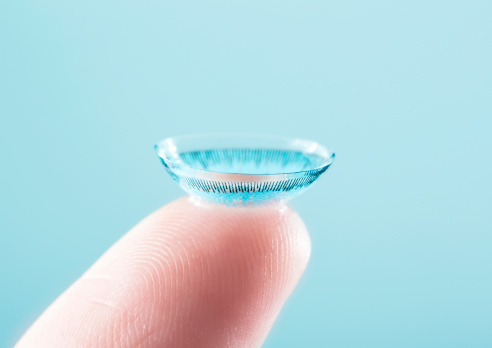
How can weight loss surgery slow down the ageing process?
October 19th, 2023The number of people with obesity has risen rapidly over the last few decades. It is a global epidemic, with a high risk of disease and a reduced life expectancy. Unfortunately, sometimes lifestyle changes are not enough to lose weight. Weight loss surgery can be daunting, but research has revealed that there can be a silver lining to going under the knife.
Weight loss surgery
Bariatric surgery is the umbrella name for weight loss operations, including a gastric bypass, gastric sleeve or gastric band. This type of surgery is required when health is badly affected due to excessive weight gain. In most cases, to qualify for weight loss surgery, a person has to have a BMI of 40+.
How do you calculate your BMI?
Bariatric surgery is an operation that can be an option for people who are overweight with medical conditions or at high risk of one, such as heart disease, high blood pressure, fatty liver disease, non-alcoholic steatohepatitis, sleep apnea or Type 2 diabetes. This type of surgery is performed under general anaesthetic laparoscopically for a speedy recovery. Like most operations, there is a level of risk, weight loss surgery is life-changing, and the pros and cons should be discussed in detail.
Apart from losing a lot of weight after surgery and reducing the risk of disease and other ailments, there could be a silver lining due to post-op lengthening telomeres.
What are telomeres, and why is the length relevant to ageing?
The human body contains genetic material. The genetic material acts as a protective cap on DNA strands known as telomeres. Telomeres perform several functions, including protection and the stabilisation of chromosomal architecture – preserving DNA.
As you age, the telomeres shorten, influencing health and lifespan. Shortening telomeres leads to diseases and ailments due to cellular senescence (dying cells).
After weight loss surgery, telomeres can lengthen, reducing the risk of premature ageing and potentially increasing health and lifespan. For an overweight person, a combination of weight loss, physical exercise and a nutritional diet can promote longevity.
Read the January 2023 scientific report published on nature.com’s website for more information about a recent research study on obesity and telomeres here.
How can you lengthen telomeres without surgery?
Certain foods can help to lengthen telomeres, and physical activity can help to maintain them. Physical activity and nutrition can counteract age-related disease and reduce cell death. There is a strong link between foods and telomere length. A Mediterranean diet has proven to be a most beneficial diet. Scientists also recommend calorie restriction and intermittent fasting as one of the best anti-ageing strategies to assist weight control.
Foods recommended for telomere lengthening are:
- Legumes
- Nuts
- Seaweed
- Fruits
- Fruit juice
- Beans
- Wholegrains
- Cereals
- Fish
- Olive oil
Experts also suggest that people should reduce the consumption of red or processed meats. They should limit sugary foods, sugary drinks and alcohol, and it goes without saying that smoking, vaping and recreational drugs are a no.
What physical activities are recommended for people who are obese or overweight?
Positive results from exercise can build confidence and improve self-esteem. Lack of confidence and low self-esteem is common in people who are overweight. Asking for advice about appropriate exercise is highly recommended, especially if a person has health conditions or, if they haven’t exercised for a long time – exerting physical activity should be introduced gradually.
Just because a person is obese, it doesn’t mean they can’t be fit or flexible already. We should never presume that. However, when anyone exercises, their heart has to work harder. If a person is carrying an excessive amount of weight, it can put a lot of strain on the heart so careful consideration has to be taken into what exercise should be incorporated into their life to improve their current fitness level.
There isn’t a one-for-all guide for people with obesity and exercising. Recommendations would depend on health issues, preferences, needs and goals. When a person is carrying excess weight and they don’t already include an exercise regime into their lifestyle, they should start by focusing on activities that minimise the stress on the joints, such as walking, swimming or water exercises.
As we age, it is important to incorporate activities that raise the pulse rate and include strength training. Research has shown that a person should do at least 30 minutes of physical activity every day. Find out more about exercise that is recommended for overweight or obese people here.
To help decrease your BMI rate, we recommend our product ‘Green coffee bean extract’. It is an all-natural product containing green bean extract and chlorogenic acids that help to preserve natural antioxidants in the body.
References
https://www.ncbi.nlm.nih.gov/pmc/articles/PMC3078627/
https://www.ncbi.nlm.nih.gov/pmc/articles/PMC6132736/
https://www.nature.com/articles/s41598-022-27196-6
https://www.medicalnewstoday.com/articles/exercise-for-obese-people








